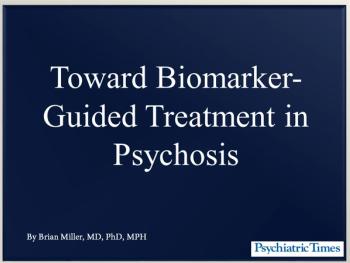
Is oxidative stress a therapeutic target in schizophrenia?

Dr Miller is professor in the Department of Psychiatry and Health Behavior, Augusta University, Augusta, Georgia. He is on the Editorial Board and serves as the schizophrenia section chief for Psychiatric Times. The author reports that he receives research support from Augusta University, the National Institute of Mental Health, and the Stanley Medical Research Institute.

Is oxidative stress a therapeutic target in schizophrenia?

What the nose knows in patients with schizophrenia.
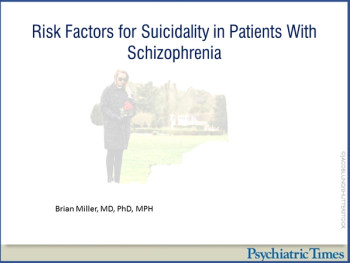
What are the strongest predictors of suicidality in schizophrenia?

New evidence links vitamin D status with cognition in patients with psychosis.

Which genes have recently been associated with TD? That question and more in this quiz.

New evidence bolsters the reputation of clozapine as the “gold-standard” antipsychotic for patients with treatment-resistant schizophrenia.
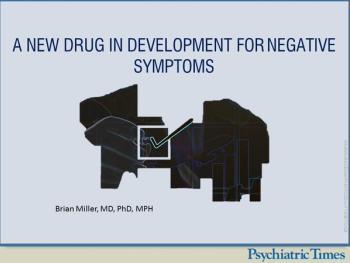
Is an effective, well-tolerated treatment for the negative symptoms of schizophrenia on the horizon?

What factors come into play in the diagnosis of tardive dyskinesia? How is TD distinguished from other movement disorders? Find out more in this quiz.

New findings support the involvement of microbiota alterations in psychosis-and point to novel treatments.
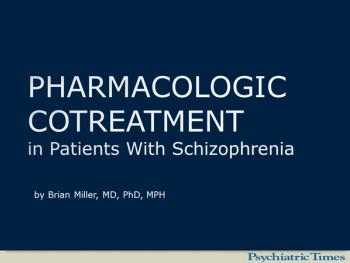
Which psychotropic combinations unlock the door to successful treatment?

Do prolactin-elevating antipsychotics put women at risk for endometrial cancer?

Which gene is not associated with risk for the development of TD? What is the prevalence of TD in patients with schizophrenia treated with antipsychotics? Those questions and more in this quiz.

Which of these agents best prevents relapse? A recent study employed a novel approach to find out.

How widely used is this “gold-standard” antipsychotic?

Have antipsychotic and placebo responses in acute schizophrenia changed over time?

Despite increasing awareness of the cardiovascular risks, adequate treatment of the metabolic syndrome remains a persistent challenge.
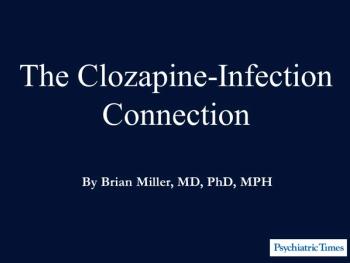
Monitoring patients for 5 key changes can help avert drug toxicity.
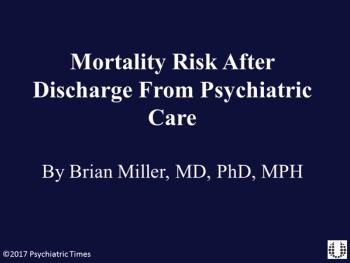
Which patients are at greatest risk for premature death following discharge?

The results of a phase 3 trial demonstrated significant benefit over placebo.
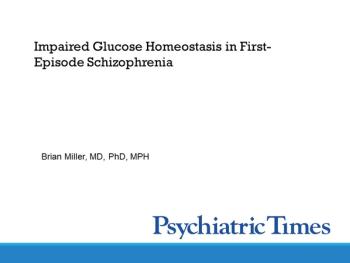
Recent findings suggest metabolic abnormalities may be independent of the effects of antipsychotics.
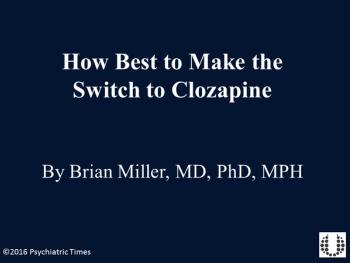
What’s the optimal approach for patients with treatment-resistant schizophrenia?

Can dietary supplementation decrease the risk of transition to psychosis?

To augment or not to augment? That is the question.
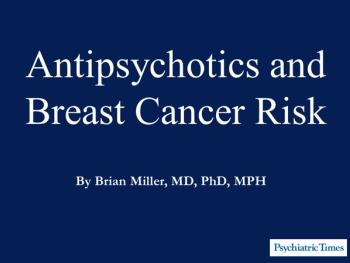
Are antipsychotics associated with an increased risk of breast cancer?

A recent meta-analysis shows this agent is useful in the prevention and treatment of antipsychotic-induced weight gain.

A “high-tech” approach to relapse prevention in patients with schizophrenia.

A recent meta-analysis shows this adjunctive agent reduces residual symptoms of psychopathology as well as body weight.
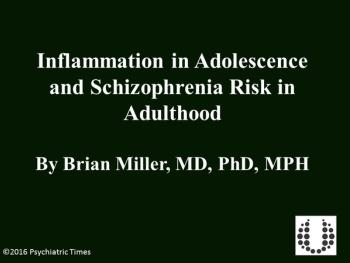
Is inflammation a cause or consequence of illness in schizophrenia?

It’s not health care expenses that are driving up costs.
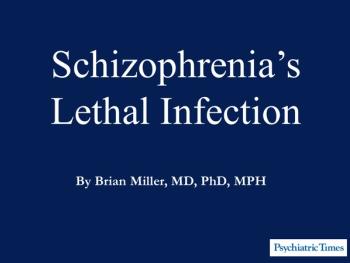
Are you aware of this newly identified risk factor for suicide?